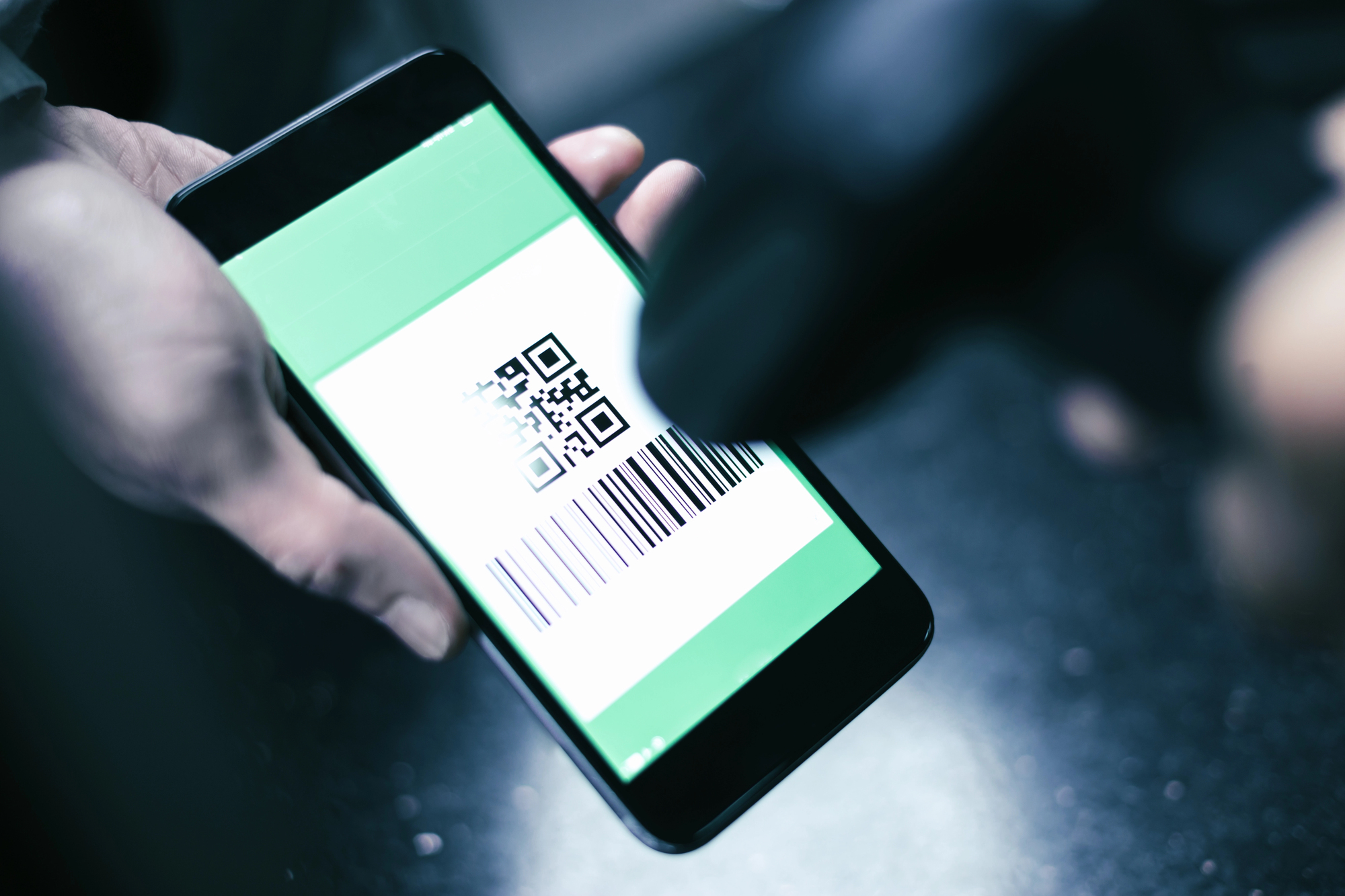Quishing, or QR phishing, is a new cybersecurity threat in which attackers use QR codes to redirect victims to malicious websites or prompt victims to download harmful content. The goal is to steal sensitive and confidential information, such as passwords, financial data, or protected health information (PHI), and use the information for other purposes, such as identity theft, financial fraud, or ransomware.
QR phishing often bypasses conventional defenses like secure email gateways. Notably, QR codes in emails are perceived by many secure email gateways as meaningless images, making the users vulnerable to specific forms of phishing attacks.
QR Codes – What are they?
QR codes, or Quick Response codes, are two-dimensional barcodes that can be scanned easily with a camera or a code reader application. The main component of a QR code is data storage. QR codes have the capability to store significant amounts of information including URLs, product details, or contact information. Scanning technology allows smartphone cameras or code readers to easily and quickly access the website to which the URL points.
Just how does quishing work?
In a quishing attack, the attackers create a QR code and link it to a malicious website. Typically, the attacker will embed the QR code in phishing emails, social media, printed flyers, or physical objects, and use social engineering techniques to entice the victims. For example, victims might receive an email urging them to access an encrypted voice message via a QR code for a chance to win a cash prize.
Upon using their phones to scan the QR code, victims are directed to the malicious site. The site may prompt victims to enter private information, such as login information, financial details, or personal information, such as a user’s name, email, address, or date of birth.
Once this sensitive information is captured, attackers can exploit the victims personal information for various malicious purposes, including identity theft, financial fraud, or ransomware.
How to prevent quishing attacks?
Make sure to verify the URL associated with the code, and refrain from submitting personal information, making payments, or downloading any information from a site assessed through a QR code. By adopting these practices, individuals can reduce the risk of falling victim to quishing attacks.
About Us
Oberman Law Firm represents clients in a wide range of practice areas, including private equity, M&A, healthcare, corporate transactions, intellectual property, data privacy and security, regulatory compliance and governance, cross-border transactions, labor and employment, construction law, litigation, private clients’ services, corporate restructuring, and white-collar and governmental disputes.
As a firm, we offer the highest quality legal advice coupled with extraordinary and tailored service to deliver exceptional results to our clients. Our philosophy is to invest deeply in the brightest legal talent and build dynamic teams that operate at the pinnacle of respective practice areas. We believe in empowering our attorneys, encouraging entrepreneurialism, operating ethically and with integrity, and collaborating to bring the very best to every client engagement. These principles have guided us in building extraordinary and successful long-term partnerships with our clients.





